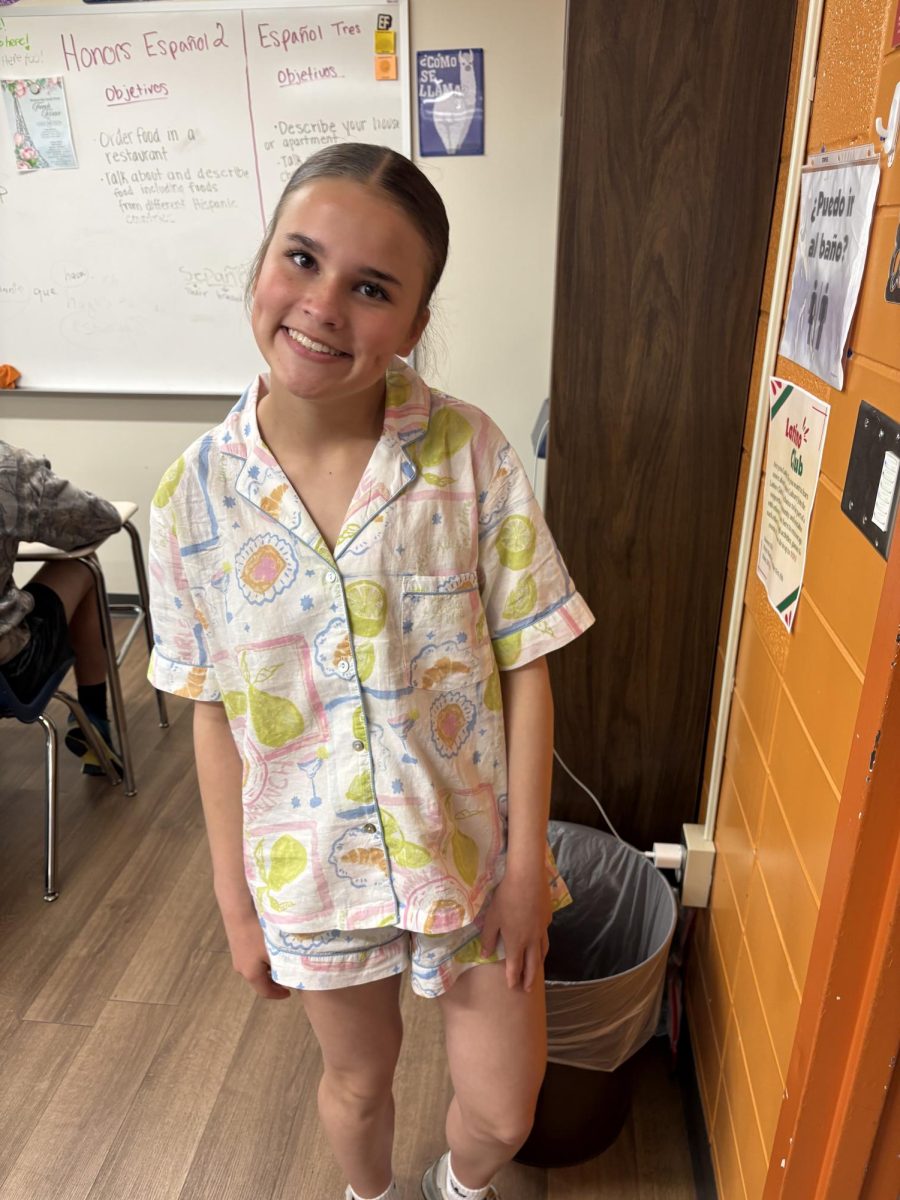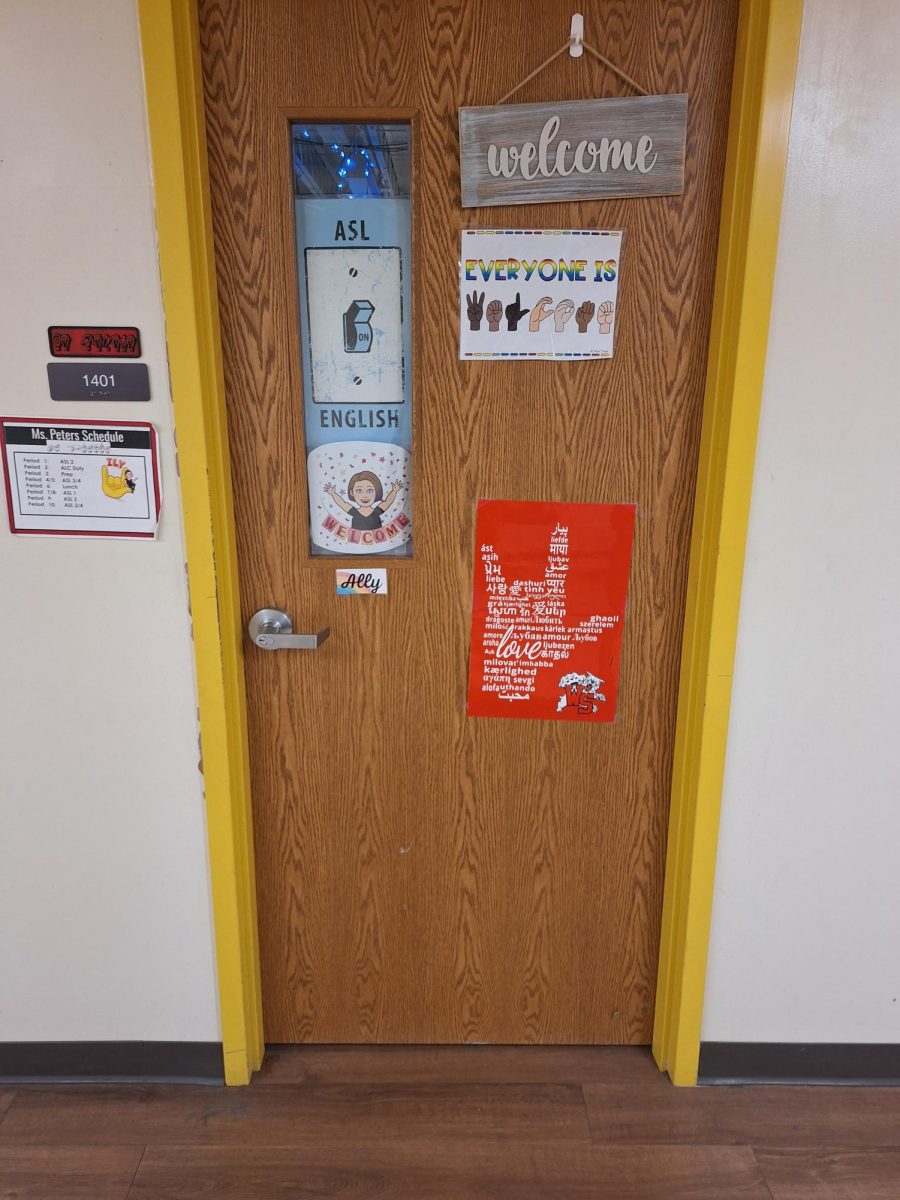It’s not an iPod; it doesn’t have games, and it isn’t a cheating device for tests. It’s my insulin pump; a medical device that I need to make it through the day.
On Jan. 2, 2011, I was diagnosed with Type 1 diabetes, which is an autoimmune disease that destroys my pancreatic cells, meaning I am not able to produce insulin. Insulin is a hormone that our body produces to help break down sugar to produce energy. I wear an insulin pump and a continuous glucose monitor, also known as a CGM, every day of my life. Diabetes is an everyday thing for Type 1 diabetics because there is no current cure.
Living with diabetes comes with its own baggage besides just learning to navigate the medical world. One of the biggest impacts it has had on my life was having to learn how to advocate for myself at such a young age.
Explaining to teachers that I have to have my cell phone with me, or talking to my manager about having necessary breaks at work, or even just to my friends about needing to sit down at certain times.
A medical diagnosis is hard on a family, and it was no different for my family. I was diagnosed at Nationwide Children’s right after my fifth birthday. My mother knew something was wrong when I was drinking gallons of water and was using the bathroom hourly, which is not normal for a five year old.
Learning that I was diagnosed with a disease that would follow me for the rest of my life shook my entire world. I spent a lot of time in the hospital learning the ins and outs of diabetes as well as making sure that my family would be able to keep me safe.
Growing up, the most difficult part was teaching people that my chronic illness was not contagious. Having to explain to the kids in my 2nd grade class that by hanging out with me they will not get diabetes was not an easy task.
Kids would give me weird looks when I would change my site or check my blood sugar. They thought it was unfair that I was able to eat things during class or that I got to carry a backpack around with me all day. This continued on throughout middle school, resulting in me even being called a “diabetic freak” occasionally. I just wanted to live the life that the rest of my friends were living, but I just needed a little extra help.
Younger kids can be ruthless so I always made sure to educate everyone in my classes on what I had to do and why. I would give presentations about my medical supplies and what everything did, and I made sure to answer lots of questions. Many of my friends that I went to school with mention how they now do well in their medical classes because of how many times they had to listen to me talk about it.
Not only are younger kids rude but so are the people around your community. Diabetes is not something that should be joked about. Specifically with Type 1 diabetes you are not able to change your diet to get rid of it. It is not caused by too much sugar or an unhealthy diet, and it is not something that should be used as the punchline of a joke.
Many people refer to diabetes as the chronic illness that their grandparents have; and while that is true, there are multiple kinds of diabetes. Type 1 diabetes is found typically diagnosed in young children where your pancreas produces no insulin. Type 2 diabetes is found typically in older patients where their pancreas produces less than an average amount of insulin. The last main type of diabetes is called gestational diabetes, found amongst pregnant women whose pancreas isn’t able to produce insulin while they are pregnant.
November is diabetes awareness month, with the idea being people can become aware of the invisible illness and educate themselves on the differences. Type 2 diabetes is significantly more common than Type 1, and they are commonly grouped together. The treatment nor severity of the disease is similar, meaning I should not be told that I have to lose weight in order to cure my disease.
Type 1 diabetes not only affects people directly around you, but in your community, and according to TheLancet, 22 million people globally. Hopefully, after learning about my experience and the details concerning the 3 types of diabetes, you are able to help spread awareness to the severity that is diabetes and push others to educate themselves on this chronic illness.


















